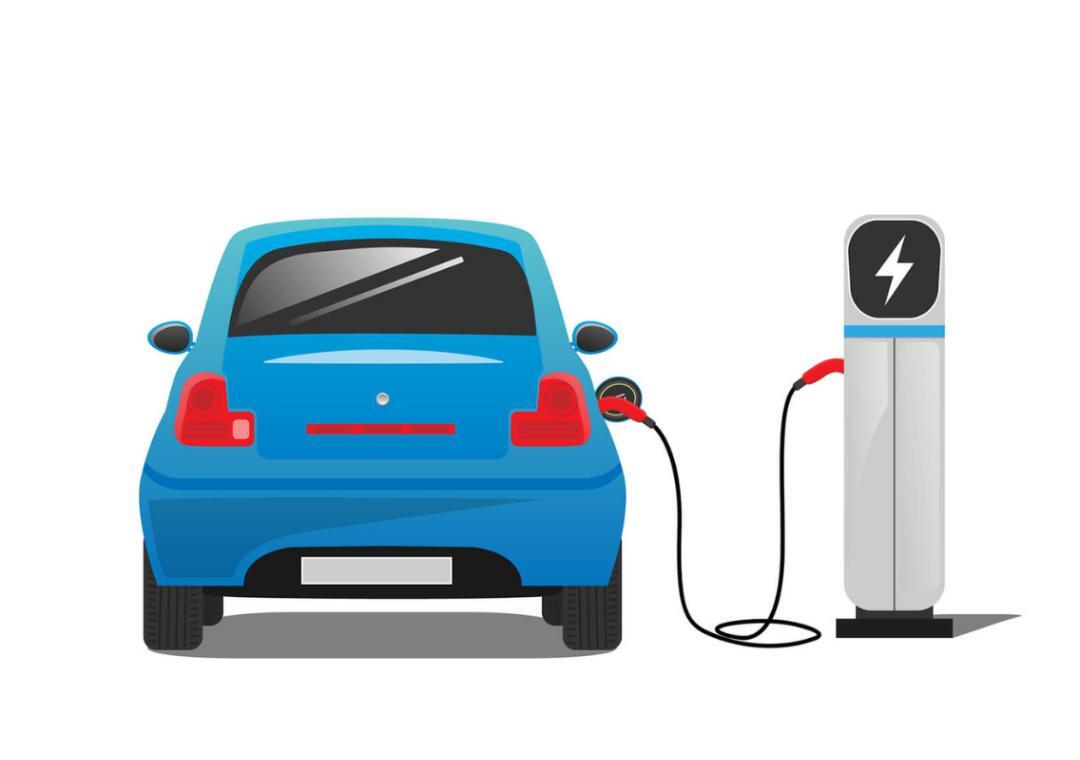
Is EV Infrastructure a Profitable Business Model?
The electric vehicle (EV) industry has been gaining momentum in recent years, with many countries investing heavily in the development of charging infrastructure. As the demand for EVs continues to grow, so does the need for reliable and convenient charging solutions. Modern EV charging platforms have evolved beyond mere power delivery, offering subscription models, dynamic pricing, and mobile app integration. This transformation has turned them into profitable service platforms, providing businesses with steady revenue streams and contributing to the expansion of large-scale electric mobility.
The Shift to Subscription-based Models
Traditionally, EV charging platforms have been based on a pay-per-use model, where drivers pay for each charging session. However, this approach has its limitations, as it can be unpredictable and may not provide a stable revenue stream for charging station operators. To address this issue, many companies have adopted subscription-based models, offering drivers a set amount of charging time or a certain number of charging sessions per month.
Subscription models offer several benefits for both drivers and charging station operators. For drivers, they provide a sense of predictability and cost savings, as they know exactly how much they will be charged per month. For charging station operators, subscription models generate a steady stream of revenue, as drivers are more likely to return to the same charging station for their regular charging needs.
Dynamic Pricing and Load Management
Another innovative approach to EV charging is dynamic pricing, which adjusts the cost of charging based on demand. This is achieved through advanced algorithms that analyze the charging patterns of drivers and adjust the pricing in real-time to optimize the use of the charging infrastructure. Dynamic pricing can help to reduce peak demand during times of high energy usage, which can help to prevent strain on the grid and reduce the risk of power outages.
Load management is another key aspect of dynamic pricing, as it allows charging station operators to manage the flow of electricity to the grid. By controlling the amount of energy being drawn from the grid, operators can prevent overload and ensure that the charging infrastructure is used efficiently. This approach not only benefits the charging station operator but also the grid operator, as it helps to maintain grid stability and reduce the risk of blackouts.
Mobile App Integration
Mobile app integration is another key aspect of modern EV charging platforms. These apps allow drivers to locate and access charging stations, monitor their charging sessions, and even control their charging remotely. Mobile app integration also enables charging station operators to provide additional services, such as energy management and parking reservation, which can increase customer satisfaction and loyalty.
Mobile app integration also enables charging station operators to collect valuable data on driver behavior, which can be used to optimize the charging infrastructure and improve the overall customer experience. For example, operators can use this data to identify peak usage times and adjust their pricing accordingly, or to identify areas where additional charging stations are needed.
The Benefits for Businesses
The shift to subscription-based models, dynamic pricing, and mobile app integration has transformed the EV charging industry into a profitable business model. Businesses that adopt this approach can benefit from steady revenue streams, as drivers are more likely to return to the same charging station for their regular charging needs.
Additionally, these platforms can help businesses to expand their customer base and increase customer loyalty. By providing a convenient and reliable charging experience, businesses can attract a loyal customer base that will continue to use their services.
Aligning Commercial Growth with Clean Energy Innovation
The growth of the EV charging industry is not only beneficial for businesses but also for the environment. As the demand for EVs continues to grow, the need for reliable and convenient charging solutions will increase, driving the development of clean energy innovation.
By adopting subscription-based models, dynamic pricing, and mobile app integration, businesses can help to accelerate the transition to electric mobility, while also contributing to the development of clean energy solutions. This approach not only benefits the environment but also provides businesses with a competitive advantage, as they are able to offer a unique and innovative service that sets them apart from their competitors.
Conclusion
The EV charging industry has undergone significant transformation in recent years, with the adoption of subscription-based models, dynamic pricing, and mobile app integration. These innovations have turned the industry into a profitable business model, providing businesses with steady revenue streams and contributing to the expansion of large-scale electric mobility.
As the demand for EVs continues to grow, the need for reliable and convenient charging solutions will increase, driving the development of clean energy innovation. By adopting these innovative approaches, businesses can help to accelerate the transition to electric mobility, while also providing a unique and innovative service that sets them apart from their competitors.
Source:
https://www.growthjockey.com/blogs/opportunities-in-electric-vehicle-charging-stations






